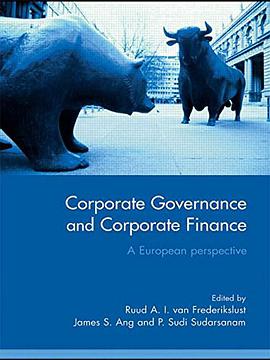

具体描述
This text offers a critique of the ideological roots of the "deep ecology" movement spreading throughout Germany, France and the United States. Traditional ecological movements, or "democratic ecology," seek to protect the environment of human societies. But another movement has become the refuge both of nostalgic counterrevolutionaries and of leftist illusions, namely "deep ecology." The human species is no longer at the centre of the world, but subject to a new god called Nature. For these purists, man can only soil the harmony of the universe. In order to secure natural equilibrium, the only solution is to grant rights to animals, to trees and to rocks. Ferry examines early European legal cases concerning the status and rights of animals and then demonstrates that German Romanticism embraced certain key ideas of the deep ecology movement concerning the protection of animals and the environment. Ferry deciphers the philosophical and political assumptions of a movement that threatens to infantalize human society by preying on the fear of the authority of a new theological-political order. Far from denying our "duty in relation to nature," this text cautions against the dangers of environmental claims and against the threat to democracy contained in the deep ecology doctrine when pushed to its extreme.
作者简介
目录信息
读后感
评分
评分
评分
评分
用户评价
相关图书
本站所有内容均为互联网搜索引擎提供的公开搜索信息,本站不存储任何数据与内容,任何内容与数据均与本站无关,如有需要请联系相关搜索引擎包括但不限于百度,google,bing,sogou 等
© 2026 book.wenda123.org All Rights Reserved. 图书目录大全 版权所有




















